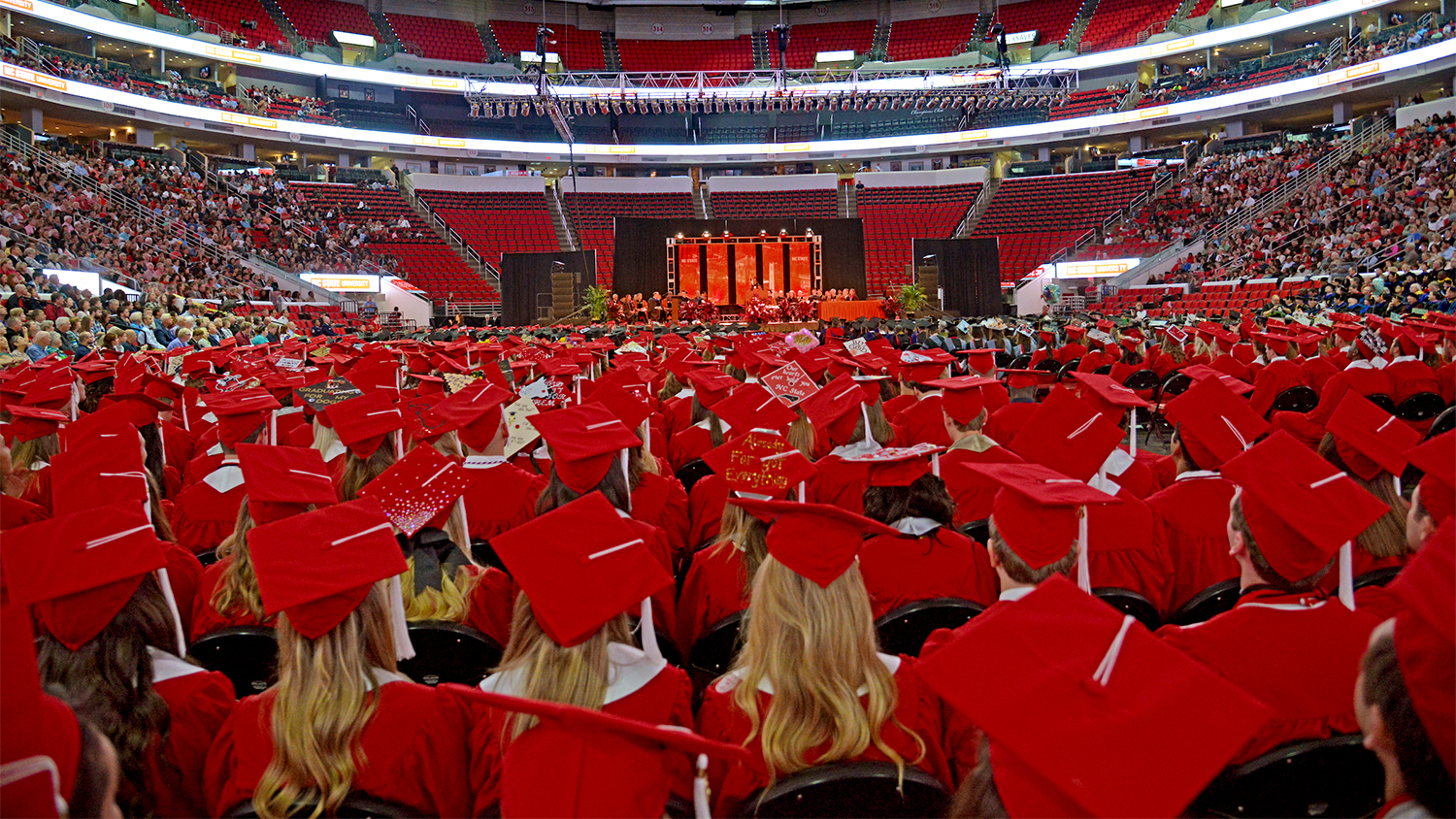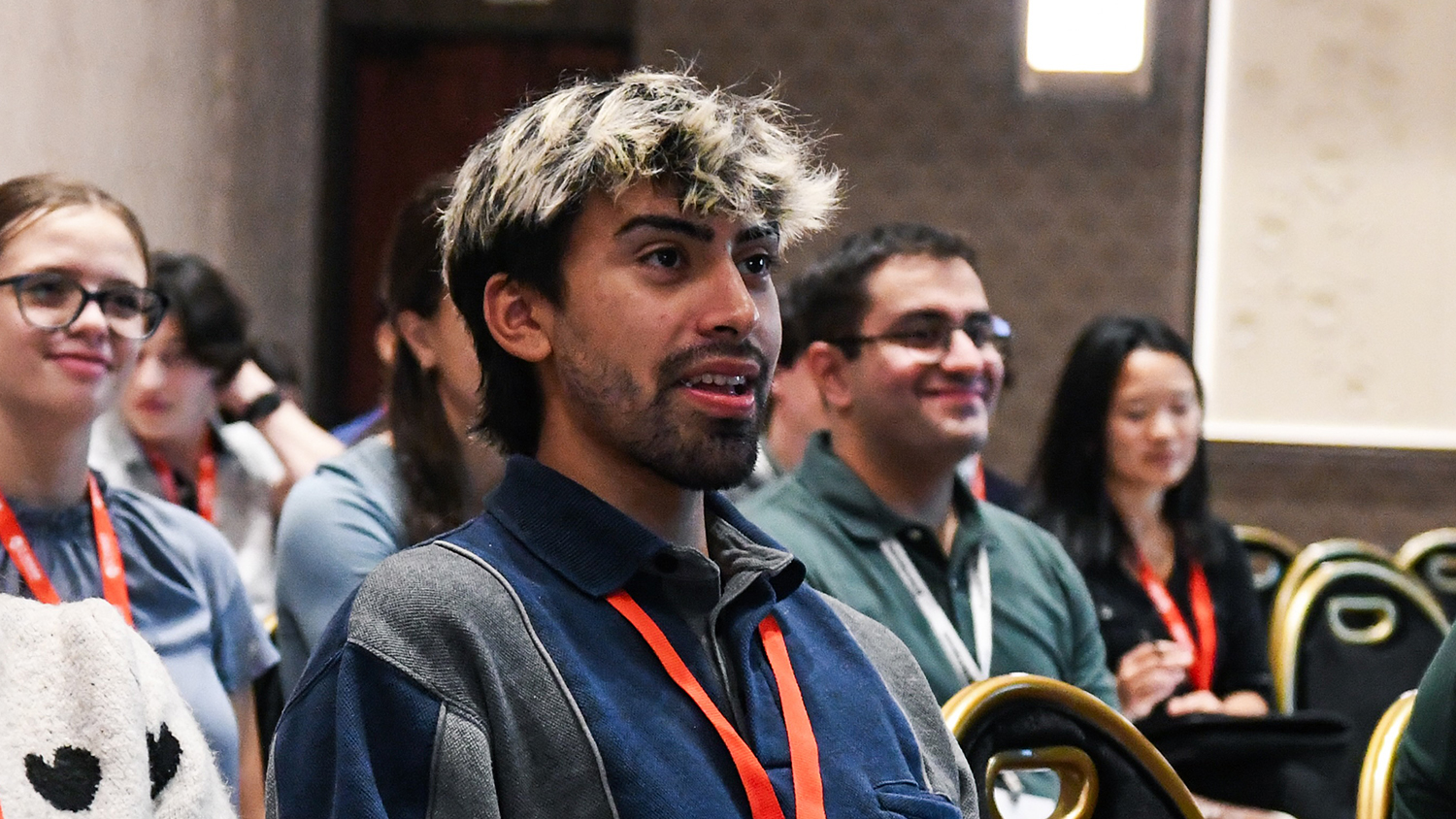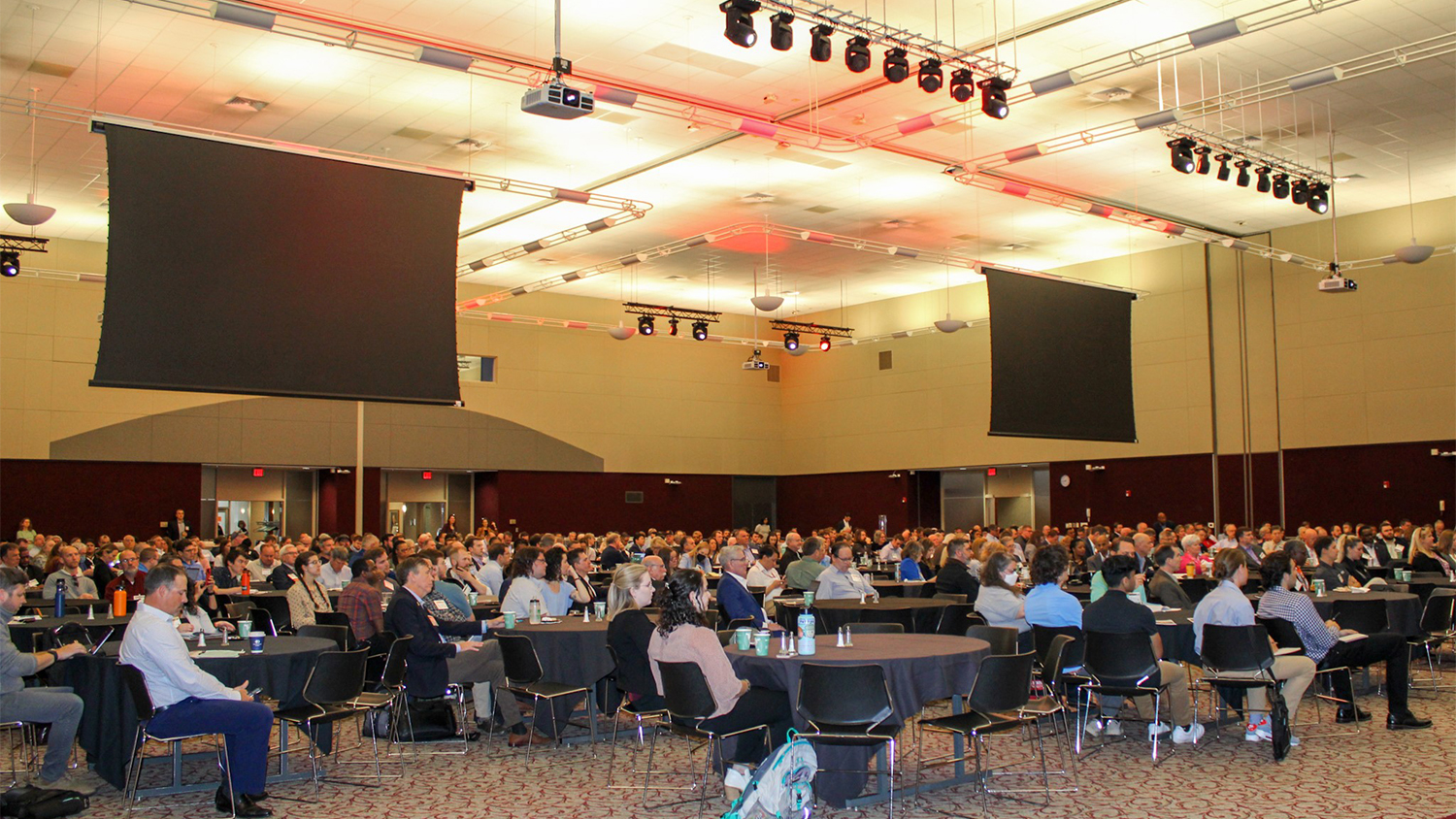Spotlight on our students: Ashley Crickard
The University Honors and Scholars Program (UHSP) interviews Ashley Crickard, a fourth-year student from Waxhaw, N.C. majoring in mechanical engineering. She was recently awarded a Goldwater Scholarship for her undergraduate research.
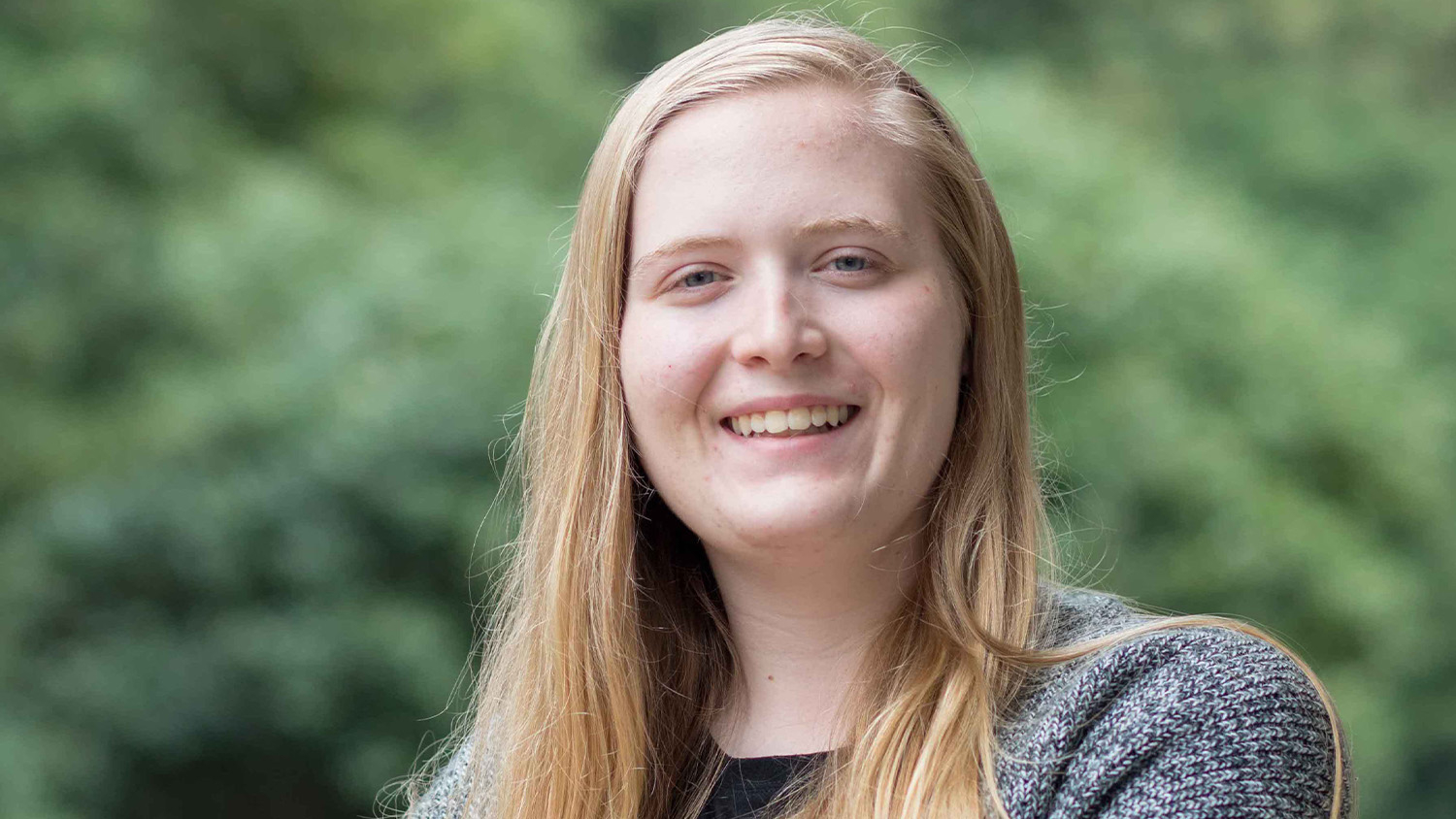
By Chester Brewer
In this edition of Spotlight on Our Students, we were able to talk with Ashley Crickard, a fourth-year student majoring in mechanical engineering, about her undergraduate research focus and her recent Goldwater Scholarship award.
UHSP: Ashley, first of all, congratulations on your recent Goldwater Scholarship award — we’re really proud of you!
AC: Oh, thank you for that.
UHSP: Do you mind telling us a little about the research you are doing that led to this prestigious award?
AC: Sure. Since my first semester of freshman year, I have been interested in research. I started out in Dr. Knollenberg’s Sustainable Tourism Lab in the PRT department and have most recently conducted research in Dr. Peters’ SMART Composites Lab in the MAE department. This lab allows me to work at the interface between electrical and mechanical engineering and help produce information to allow for more sustainable systems to be built in the future.
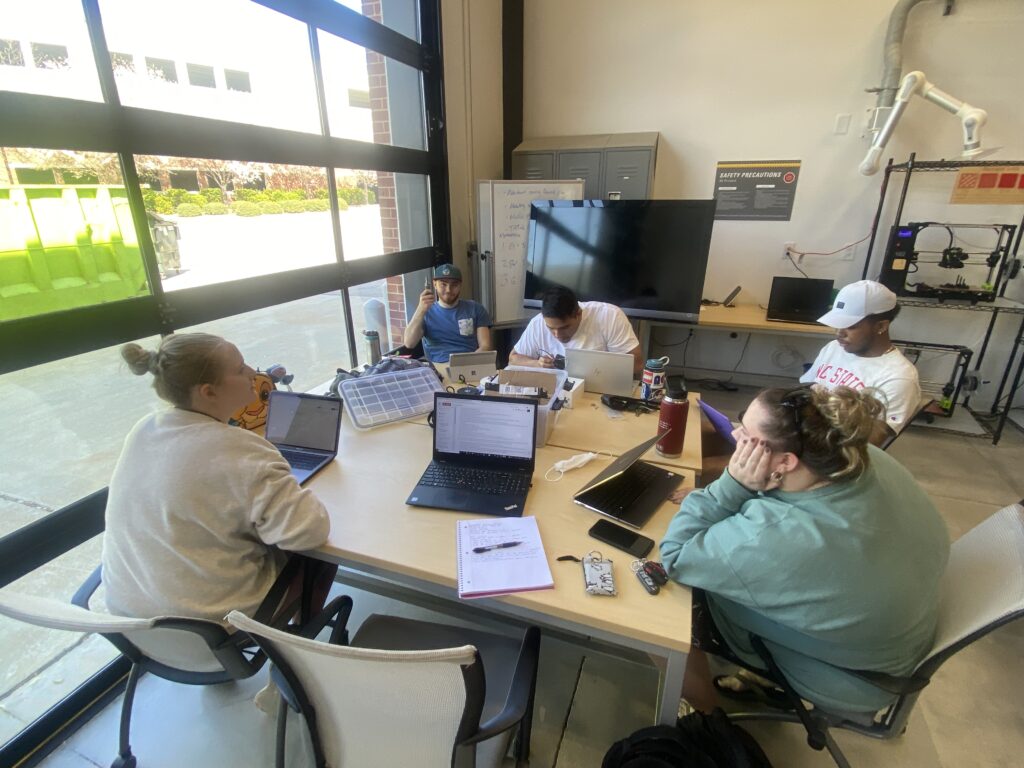
UHSP: Very interesting. It’s great that you were able to plug into research so early in your undergraduate career. What are you hoping to learn from this specific line of research?
AC: From this project, I hope to develop new technologies that allow for more sustainable aerospace systems. Currently, the average lifespan of an orbiting spacecraft is seven years. By implementing Structural Health Monitoring (SHM) technologies, we can extend the lifespan of orbiting spacecraft by providing on-orbit maintenance.
UHSP: Well that certainly seems like a crucial component to lessening the ecological footprint of spacecraft. Fascinating. What has been an interesting aspect of this work so far?
AC: The most interesting thing has been learning about the different applications of SHM technologies. They can be used in a variety of different applications throughout the aerospace industry, such as orbiting spacecraft, fighter jets, and large structures.
UHSP: So it has a broad range of applications and you’re learning a little bit about them all. What has been challenging about this type of research?
AC: As simple as it may sound, the most challenging part has been adhering the sensors to the composite materials. We have tried various types of adhesives, but have decided to stick with a common adhesive: sticky notes!
UHSP: Was that pun intended?! HA! That’s a novel use for sticky notes that I bet hasn’t been thought of before. You should market that. What is something you’ve learned in this process? About yourself or your field of study?
AC: I have gained a significant amount of soft skills from this experience. From time management to public speaking abilities, my research has changed the way I view work. Every day is a chance to do better and be better. Not just for the project, but for the group of people your project could positively impact.
UHSP: That is an awesome perspective to have on your work and a great way to develop a work ethic that suits you. Would you say your time in the UHSP has contributed to your success in this arena?
AC: During my freshman year, I lived in the Honors and Scholars Village. This village gave me a community of like-minded peers who helped motivate me throughout my college career. The UHSP also gave me the opportunity to present at the national level at the National Collegiate Honors Council Conference in Fall 2021. This presentation, being a national-level presentation, helped me stand out during the Goldwater application process.
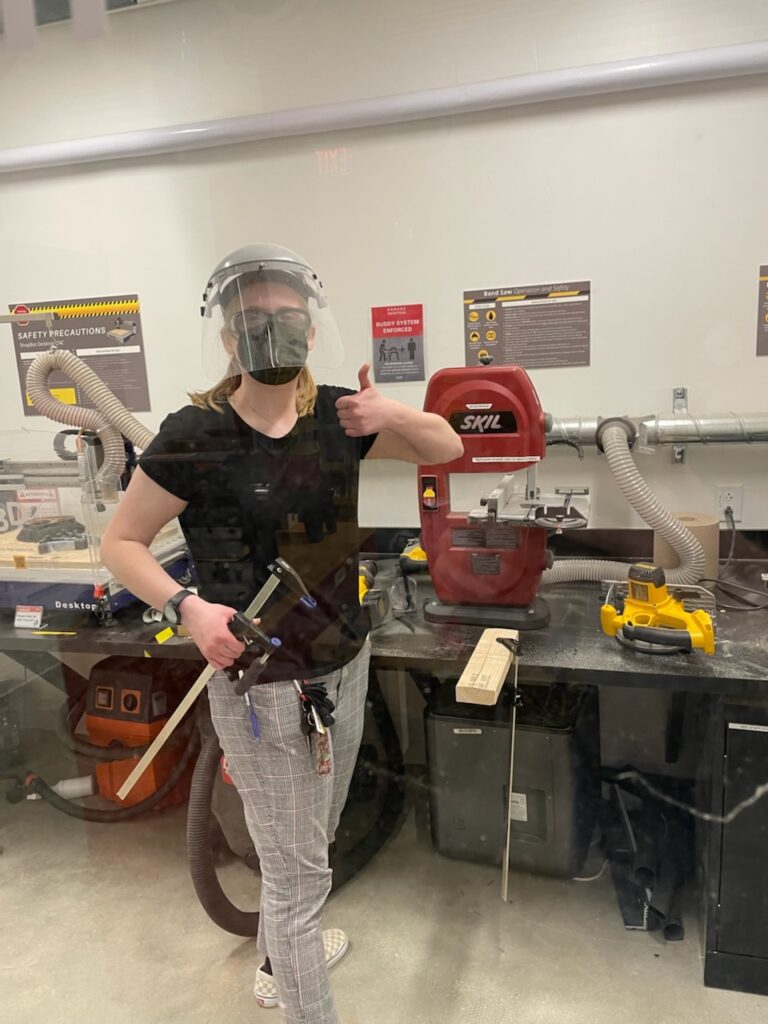
UHSP: That’s massive. There are other students out there who would aspire to the types of things you’ve accomplished; what advice would you give them?
AC: Keep trying and keep failing. Failure is one of the best ways to learn and grow. A change in the direction of your career path is a positive attribute, not a negative one. Explore other options and do what you enjoy the most.
UHSP: That’s really good advice.
AC: Yes, I would say “go for it.” Do not hesitate to ask for help or to reach out to an industry professional for advice. It is in my job title as a college student to continually fail and change paths. Do not let the fear of failure hold you back from your impending accomplishments!
UHSP: I hope that advice sticks with you. It’s great. So, what’s next? What is your plan for using the Goldwater award?
AC: Goldwater is a great accolade to have achieved, as I will be using it when I apply to graduate schools and NSF in the Fall. I plan on going to graduate school and furthering my research on Structural Health Monitoring.
UHSP: Very cool. Well, best of luck to you and let us know how things go when you begin the next leg of your journey. And congratulations again.
This post was originally published in DASA.
- Categories:
